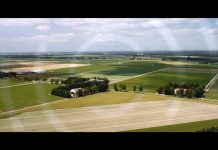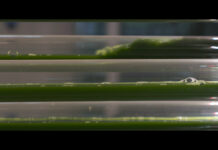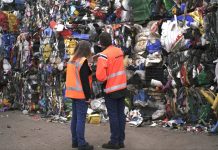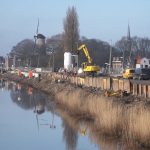Digital Farming NHN
In the Dutch province Noord Holland, the Digital Farming NHN project is conducting research into the possibilities of digital agriculture. Various participants are investigating how they can realise a well-functioning system together. The aim is to make agriculture more sustainable by using digital tools.
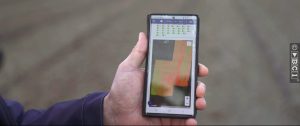
Precision technology
By working in a targeted manner, fewer crop protection products are needed. It can also reduce the use of fertilizers. Theoretically this sounds great, but in actual practice this isn’t that easy. The development of this precision technology faces several challenges.
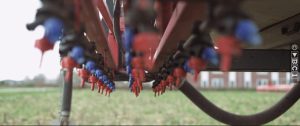
The challenge
It is necessary that the soil and the plants are carefully mapped. This requires knowledge and specialist equipment. Knowledge of the soil, knowledge of plants and of possible diseases. Then, up-to-date information about the situation on site is needed to make a well-considered decision. That is why they’re collaborating with participants from various disciplines and professions. This project, under the leadership of Greenport NHN and LTO Noord, is a collaboration of various agricultural companies, a university of applied sciences, an agricultural research center, suppliers of equipment, software developers, etc.
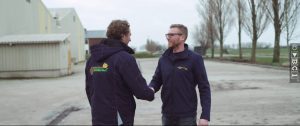
Series
To sketch a picture how this project is progressing, we’re making a series in which various participants talk about their experiences. In this first part bulb grower Stef Ruiter of J.C.J. Ruiter Wever from Andijk, Sander Dekker from Agrotheek and Pieter Vlaar from Vertify have their say. The participants all agree that digitization and precision technology are an excellent tool to ensure sustainable agriculture. 
More information about sustainability in agriculture
In the report The future of flower bulb cultivation participants of Fieldlab Bol explain how they are working on sustainable cultivation methods within this project.
Also interesting:
Digital Farming – part 2 data processing
Digital Farming – part 3 applying site-specific techniques
Digital Farming – part 4 achievements and future prospects
Natural farming helps biodiversity


